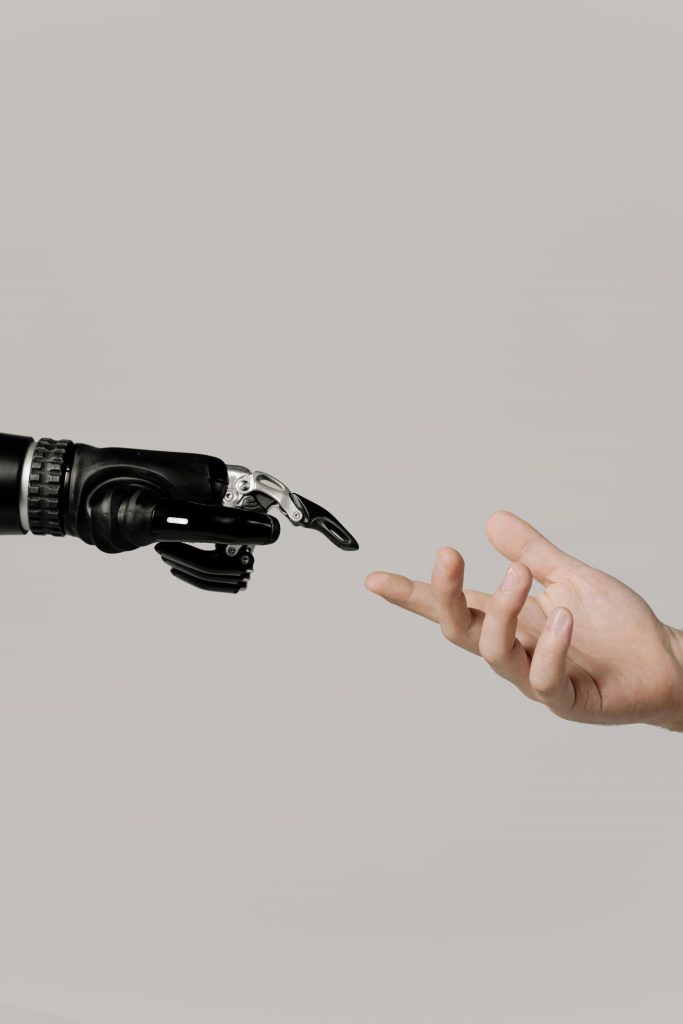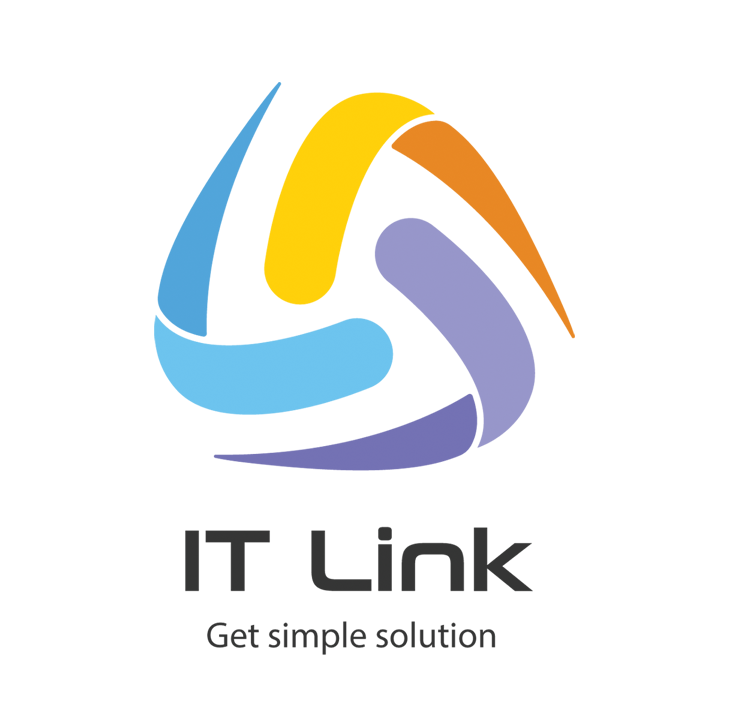Seamless IT Solutions for Your Business Needs

Transforming Business Operations for Maximum Efficiency and Growth
Artificial Intelligence (AI) and Information Technology (IT) are now essential parts of modern business strategies. These technologies are changing the way organizations work by improving efficiency, enhancing customer service, and making decision-making easier. In today’s competitive world, companies that use AI and IT wisely can stay ahead of the competition. Let’s explore how these technologies help businesses and impact daily operations.
How AI and IT Improve Business Operations
The combination of AI and IT is revolutionizing business operations. By automating repetitive tasks and delivering personalized customer experiences, these technologies are enhancing efficiency and improving every aspect of daily workflows.
1. Streamlining Routine Processes
AI-powered tools can automate repetitive tasks, which frees up employees to focus on more complex and creative tasks. Automation can be seen in various areas such as data entry, invoice processing, and report generation. This shift increases productivity and reduces the chances of human error, saving both time and money.
2. Enhanced Customer Interaction with AI
Customer service has seen remarkable improvements due to AI. Chatbots, virtual assistants, and automated phone systems can provide instant responses to customer inquiries 24/7. This not only reduces waiting times but also ensures customers get the information they need without speaking to a human representative. Additionally, AI can help create personalized experiences, suggesting products and services based on user preferences and past behavior.
IT Infrastructure: The Backbone of AI
While AI provides intelligence, IT systems form the backbone that supports its execution. IT infrastructure is responsible for data storage, cloud computing, network management, and cybersecurity. The combination of robust IT systems and cutting-edge AI technology helps businesses operate more efficiently and securely.
1. The Role of Cloud Computing
Cloud computing has revolutionized the way businesses handle data. Cloud services allow companies to store vast amounts of information in secure online environments, making it easier for employees to access data from anywhere. This accessibility is vital, especially in today’s world where remote work is increasingly common. Furthermore, cloud computing provides scalability, meaning businesses can quickly adjust their storage capacity and software needs as they grow.
2. Ensuring Data Security
With the increasing use of digital systems comes the need for secure IT infrastructures. Cybersecurity solutions such as firewalls, encryption, and multi-factor authentication ensure that sensitive business data remains protected. In a world where cyber threats are on the rise, IT departments play a crucial role in safeguarding company information.
3. Integration of AI in IT Operations
AI also enhances IT management by monitoring systems, detecting issues, and even predicting potential failures before they happen. Through AI-driven monitoring tools, IT teams can resolve problems before they affect business operations, ensuring smooth and uninterrupted service delivery.
Boosting Productivity and Collaboration
The integration of AI and IT can significantly boost productivity by enhancing collaboration, improving workflow, and reducing manual workloads.

1. AI-Powered Collaboration Tools
Tools like Microsoft Teams, Zoom, and Slack rely heavily on AI to enhance collaboration. Features like automatic transcription, real-time translation, and smart scheduling help teams work together seamlessly, regardless of location. AI-driven tools also facilitate efficient meetings by suggesting optimal times and ensuring that meeting agendas are followed.
2. Improving Employee Performance
AI-driven platforms can offer personalized learning and development programs tailored to individual employee needs. By analyzing employee performance data, AI identifies skill gaps and recommends targeted training resources. This personalized approach improves productivity and employee satisfaction, ensuring that staff members are constantly improving and adapting to new challenges.
3. Optimizing Workflow and Task Management
AI-based project management tools help streamline workflows by automatically assigning tasks based on employee availability and expertise. These tools help reduce bottlenecks and ensure that projects stay on track, improving efficiency across teams. IT systems ensure that all tasks, deadlines, and communications are managed smoothly within one platform.
The Competitive Advantage of AI and IT
In today’s rapidly evolving business world, companies that embrace AI and IT gain a significant competitive advantage. These technologies offer several benefits that can drive business growth and profitability.
1. Faster Response Times and Better Customer Service
AI-powered chatbots and virtual assistants provide quick responses to customer queries, leading to improved customer satisfaction. AI also ensures that customers receive more relevant and personalized services, which enhances customer loyalty and brand reputation.
2. Cost Efficiency and Automation
By automating repetitive tasks, AI reduces the need for manual labor, thus lowering operational costs. Businesses can redirect these savings into more strategic areas, such as research and development or marketing, helping them stay competitive and agile.
3. Scalability and Flexibility
With IT solutions like cloud computing, businesses can scale their operations without heavy investments in physical infrastructure. This flexibility allows companies to grow quickly, adjust to market changes, and easily introduce new technologies when needed.
AI and IT in Various Industries
Across different industries, AI and IT are creating significant improvements in efficiency, customer satisfaction, and overall performance.
While AI and IT offer numerous benefits, there are challenges businesses must overcome:
1. High Initial Investment
AI and IT solutions can require significant upfront investment. Small businesses may face challenges in adopting these technologies due to the high costs involved in purchasing software, hardware, and cybersecurity measures.
2. Skills Gap
As AI and IT continue to evolve, the demand for skilled professionals is increasing. Finding employees with the necessary expertise to implement and manage these technologies can be a challenge, particularly for businesses without an established IT department.
3. Ethical and Data Privacy Concerns
AI systems often rely on vast amounts of data, which raises concerns about privacy and ethical usage. Businesses must ensure they comply with data protection laws and that they use AI responsibly to avoid ethical pitfalls.
Conclusion
AI and IT have become essential tools in today’s business landscape, offering companies the ability to automate tasks, improve efficiency, enhance customer service, and make more informed decisions. As these technologies continue to evolve, businesses that embrace AI and IT will be better positioned to thrive in a competitive marketplace. By addressing challenges such as cost, skill gaps, and data privacy, organizations can fully harness the power of AI and IT to drive growth and success.
FAQs
1. How does AI help improve customer experience?
AI enhances customer experience through personalized recommendations, automated support, and faster response times, leading to increased satisfaction.
2. How do IT systems support AI technology?
IT systems provide the infrastructure needed to store, process, and manage data, ensuring AI technologies run smoothly and securely.
3. Can small businesses afford AI and IT solutions?
While the initial investment can be high, small businesses can adopt affordable AI and IT solutions such as cloud-based platforms and AI tools with scalable pricing models.
4. What industries benefit most from AI and IT?
Industries such as healthcare, retail, and finance benefit significantly from AI and IT due to their need for data analysis, automation, and improved customer service.
5. What are the risks of adopting AI and IT?
Adopting AI and IT comes with challenges like data privacy issues, high implementation costs, and a lack of skilled workers to manage the technology.
Stay ahead in a rapidly world. Subscribe to Prysm Insights,our monthly look at the critical issues facing global business.












